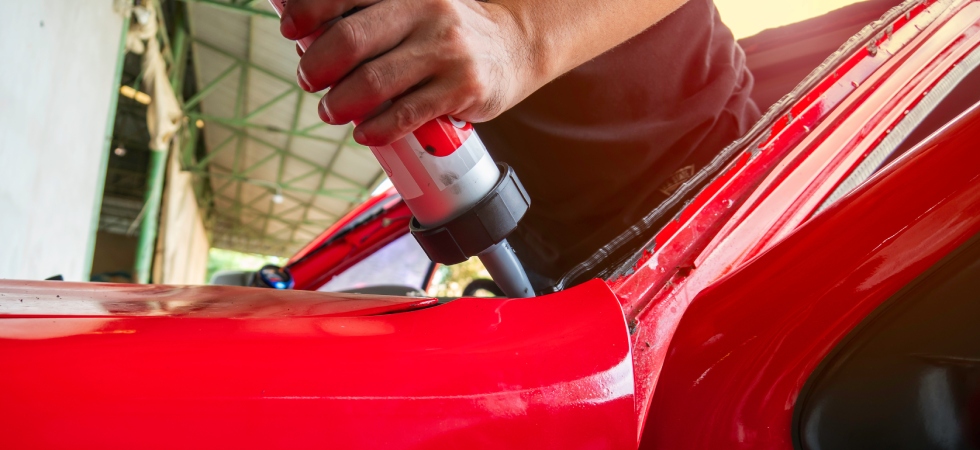5 Popular Types of Automotive Repair Glues
Automotive repair often calls for precision, strength, and reliability. Whether you’re dealing with a cracked windshield, reattaching a body panel, or addressing smaller fixes, the right adhesive can make a world of difference.
With a wide range of repair glues on the market, understanding their unique properties can save time, effort, and money. This guide explores five popular types of automotive repair glues and their best uses, helping you choose the right option for your needs.
Epoxy: The All-Purpose Champion
Epoxy adhesives stand at the top as one of the most versatile automotive repair solutions. Known for their incredible bonding strength, epoxies are typically applied in two parts—a resin and a hardener—that mix to form a durable bond. These glues work exceptionally well on materials, such as metal, plastic, and glass.
Urethane for Windshield Repairs
Urethane glue ensures a watertight, weather-resistant seal while maintaining the structural integrity of the windshield. Professionals often recommend using this adhesive with proper caulking guns for an even application.
If you’re a DIYer, remember that urethane requires time to fully cure, so patience is vital to achieve the maximum bond strength. Applying the glue under extreme temperature conditions can affect its effectiveness, so always check the manufacturer’s guidelines.
Polyurethane for Auto Body Panels
When working on auto body panels, polyurethane glue offers the perfect balance between strength and flexibility. This adhesive can withstand harsh environmental conditions and remain strong under stress, such as impacts and vibrations.
Its typical application includes bonding car bumpers, fenders, door skins, or any plastic and metal surfaces requiring a durable hold. Polyurethane’s flexibility allows it to adjust to shifting positions or slight movements, ultimately preventing fractures over time.
Super Glues for Quick Fixes
While super glues are not engineered for heavy-duty repairs, don’t overlook their convenience. They work best for repairing lightweight materials, such as plastic clips, knobs, or interior trims.
However, super glues are not resistant to extreme temperatures or prolonged stress, making them more suitable for short-term solutions. Applying too much at once can also create rigid joints prone to breakage, so it’s best to use super glues sparingly.
Acrylic Adhesives for Seamless Fixes
Automotive professionals rely on acrylic glue for its quick bonding time and resistance to environmental factors, such as UV light and moisture. Highly durable and versatile, these adhesives work on various materials, including metal, plastic, and composites.
Acrylic adhesives require precise application for a seamless result. Overusing this glue can lead to unsightly blobs that detract from the finish, so practice moderation when applying.
Avoid Auto Glue Pitfalls
While automotive glues offer unmatched convenience, handling them incorrectly can reduce their effectiveness or even damage your vehicle. One common mistake when using auto body glue is failing to prepare surfaces properly, which results in weak bonds.
Make sure materials are clean, dry, and free of grease or debris before applying glue. Additionally, using excessive glue can cause messes and prevent thorough curing, so always follow the manufacturer’s instructions regarding application amounts.
Selecting the right automotive glue depends on the job at hand. Epoxy offers a strong, versatile solution, while urethane and polyurethane shine in specialized roles, such as windshields or body panels.
Acrylic adhesives ensure seamless, invisible results, and super glue serves as a quick fix for small interior components. With this list of the five popular automotive repair glues, you’re ready to choose the perfect adhesive for your next project.

